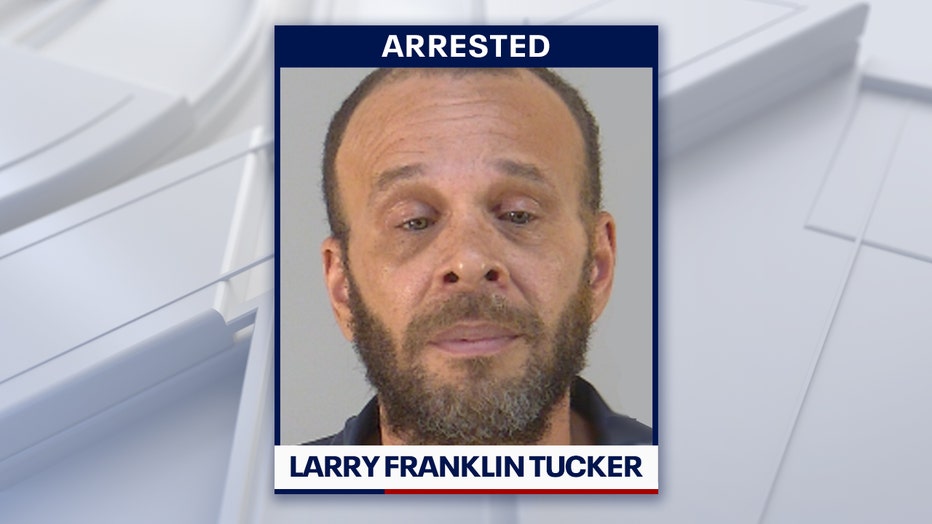Nearly two decades after a brutal nighttime assault, a Florida woman finally got answers.
Those answers were possible thanks to advances in genetic genealogy and DNA technology.
What we know:
Roughly 20 years after a violent home invasion, a 65-year-old woman finally received answers.
On October 22, 2007, Lake County deputies responded to a call where a woman was reportedly sexually assaulted for two hours. Despite collecting significant DNA evidence at the time, the case remained unsolved for years.
Advancements in genetic genealogy and DNA technology helped break the case.
Parabon Nanolabs created a DNA composite predicting physical traits, which eventually led to identifying Larry Franklin Tucker Jr. Tucker had a warrant for violating probation on a domestic violence charge and was linked to the crime through nationwide DNA database searches.

Authorities say Larry Franklin Tucker Jr. has been linked to a a nearly 20-year-old sexual assault case in Lake County, through nationwide DNA database searches.
Tucker was extradited from Ohio to Florida and now faces charges of sexual battery, burglary, and kidnapping. While the statute of limitations had expired, Florida law permits prosecution based on DNA evidence.
What we don't know:
The full scope of Tucker’s criminal history or whether he may be connected to other crimes remains unclear. Authorities are still investigating if this assault was an isolated incident or part of a pattern.
Details about the victim’s identity remain private, and specific information about the legal process moving forward has not been disclosed.
The backstory:
For nearly two decades, the victim and law enforcement were left without answers. The 2007 attack involved a brutal, prolonged assault during a home invasion. Early DNA collection failed to identify the attacker due to limitations in technology and database resources at that time.
What they're saying:
The partnership between the Lake County Sheriff’s Office and Parabon Nanolabs marked a turning point.
"We’re definitely putting some attention into that and trying to figure out if there’s anything else there," said Corporal Zachary Williams, Major Crimes Supervisor, Lake County Sheriff’s Office. "She took a really big deep breath, and she told us that that was the first time that she's been able to take a deep breath in so many years."
Using cutting-edge genetic genealogy, the case was reopened with fresh leads, exemplifying how new forensic methods are solving cold cases.
"Knowing that you have brought answers to somebody that was victimized so brutally is really a rewarding feeling," explained Misty Gillis, Genetic Genealogist, Parabon Nanolabs:
 Latest News Articles
Latest News Articles Do you have an RSS newsreader? You may prefer to use this newsletter's RSS feed at:
Do you have an RSS newsreader? You may prefer to use this newsletter's RSS feed at: